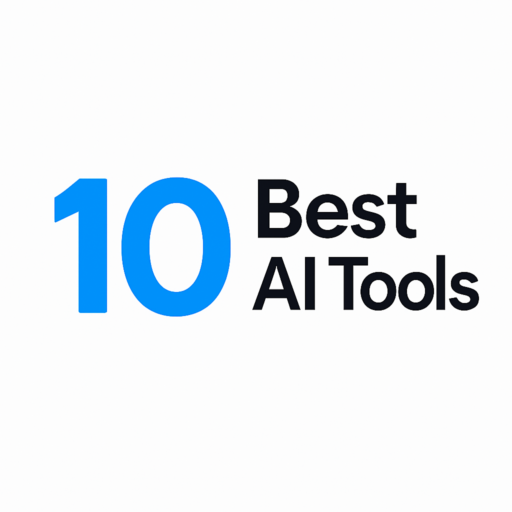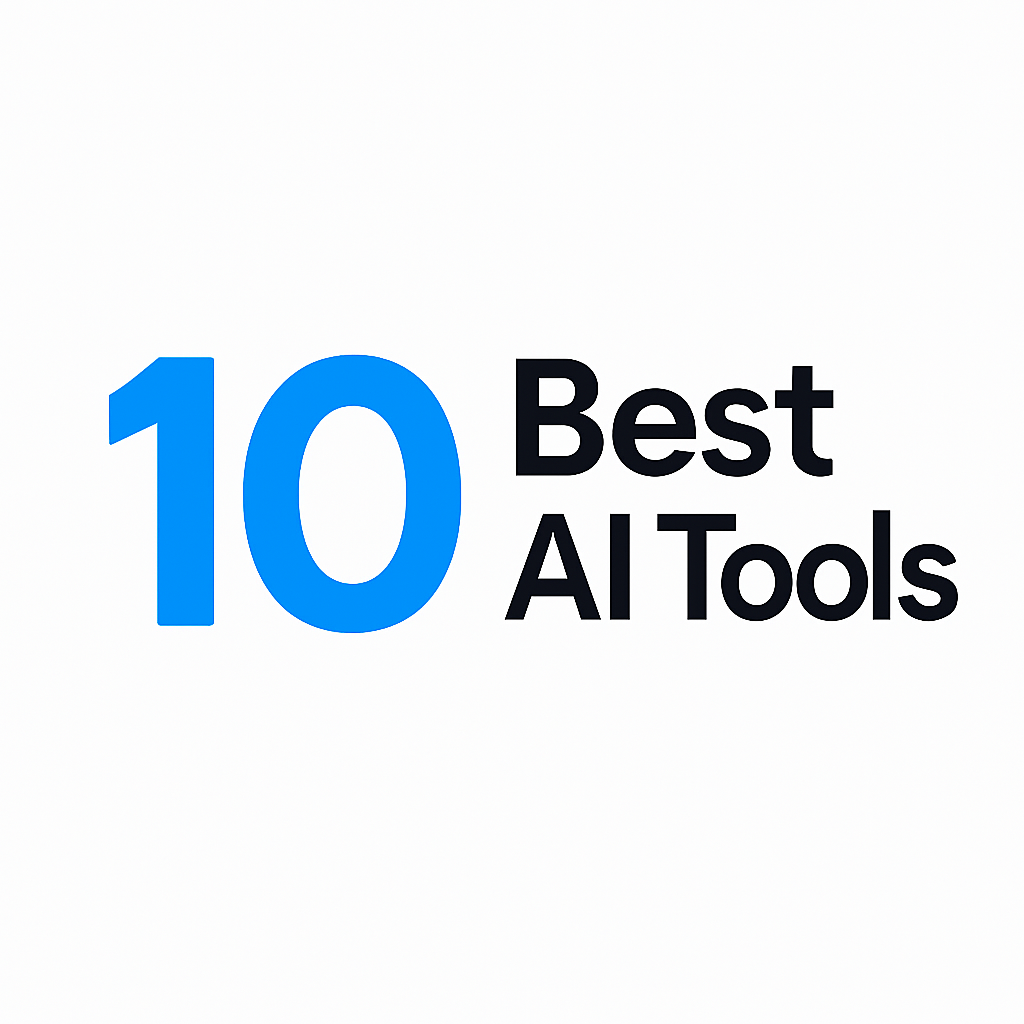Transform Your Events with AI: Smarter Planning, Happier Guests.
Planning an event with the help of AI tools for event planners is like juggling flaming torches while riding a unicycle. Between finding the perfect venue that fits your budget and managing RSVPs, dietary preferences, and last-minute cancellations, it’s easy to feel overwhelmed. Enter AI tools—your new best friends. These smart solutions automate tedious tasks, predict hiccups, and even help you design flawless floor plans. Let’s dive into 10 AI tools that’ll turn chaos into calm.
Comparison Table: AI Tools for Event Planners at a Glance
| Tool | Key Features | Pricing |
|---|---|---|
| Bizzabo | AI networking suggestions, analytics | Starts at $5,000/year |
| Cvent | Venue sourcing, budget forecasting | Custom quote |
| Social Tables | 3D floor plans, seating optimization | 99–499/month |
| Tripleseat | Lead scoring, CRM integration | Free–$150/month |
| AllSeated | Virtual venue tours, collaboration tools | 1199–599/month |
| Planning Pod | Task automation, vendor management | 49–199/month |
| Aventri | Predictive analytics, registration workflows | Custom quote |
| Whova | AI-driven attendee engagement, matchmaking | 1,000–5,000/event |
| Zoho Backstage | AI chatbots, real-time analytics | 99–249/month |
| Eventbrite | Marketing insights, ticket sales AI | 2% + $0.79 per ticket |
Detailed Breakdown of All 10 Tools
1. Bizzabo
Features: Uses AI to analyze attendee behavior and suggest networking connections. Its “Smart Match” feature pairs people based on interests, roles, and session attendance.
Pros: Deep analytics for post-event reports, integrates with Salesforce and HubSpot.
Cons: Expensive for small teams; setup requires onboarding support.
Pricing: Starts at $5,000/year (billed annually).
Alternatives: Hopin (better for hybrid events) or Brella (simpler interface).
Use Case: A tech conference with 2,000+ attendees where networking drives value.
2. Cvent
Features: AI scans millions of venue listings to match your budget, capacity, and location. Its “Budget IQ” forecasts costs and flags overspending risks.
Pros: Vast global database, detailed ROI reports for stakeholders.
Cons: Pricing is opaque; steep for freelancers.
Pricing: Enterprise-level custom quotes (starts around $10,000/year).
Alternatives: Event Temple (budget-friendly for hotels) or Aventri.
Use Case: A multinational company planning a sales kickoff across three cities.
3. Social Tables
Features: Drag-and-drop 3D floor plans with AI-powered seating optimization. It factors in attendee relationships (e.g., separating competitors) and accessibility needs.
Pros: Intuitive design tools, exports diagrams to PDF/PPT.
Cons: No guest list management; focuses solely on venue design.
Pricing: 99/month(basic)to99/month(basic)to499/month (premium).
Alternatives: AllSeated (adds virtual tours) or Planning Pod (broader features).
Use Case: A wedding planner ensuring divorced parents aren’t seated at the same table.
4. Tripleseat
Features: AI scores venue leads based on likelihood to convert and syncs with CRM tools like Salesforce. Automates proposals and contracts.
Pros: Free plan for small teams, ideal for restaurants and hotels.
Cons: Mobile app lacks features; limited customization.
Pricing: Free (basic) to $150/month (premium).
Alternatives: Caterease (stronger inventory management) or Planning Pod.
Use Case: A catering company managing 50+ inquiries per month for weddings.
5. AllSeated
Features: Creates photorealistic 3D venue walkthroughs and seating charts. Clients can virtually “walk” the space and approve layouts in real time.
Pros: Reduces client revisions, integrates with Salesforce and HubSpot.
Cons: High cost for solopreneurs; requires design skills.
Pricing: 199/month(starter)to199/month(starter)to599/month (enterprise).
Alternatives: Social Tables (cheaper) or Cvent (broker partnerships).
Use Case: A luxury wedding planner impressing clients with immersive visuals.
6. Planning Pod
Features: Automates timelines, vendor emails, and budget tracking. AI suggests optimal task deadlines based on event complexity.
Pros: Affordable, combines project management with guest lists.
Cons: Basic design tools; no mobile app.
Pricing: 49/month(solo)to49/month(solo)to199/month (teams).
Alternatives: Asana (generic project management) or Aventri.
Use Case: A nonprofit organizing a charity gala with 20 volunteers.
7. Aventri
Features: AI predicts registration trends and adjusts staffing/catering. Manages complex workflows like visa invitations for international attendees.
Pros: Scales for 10,000+ attendees, 24/7 support.
Cons: Overwhelming for small events; pricey.
Pricing: Custom quotes (starts around $8,000/year).
Alternatives: Cvent or Bizzabo.
Use Case: A global trade show expecting 15% last-minute cancellations.
8. Whova
Features: AI recommends sessions to attendees and connects them with shared interests. Gamifies engagement with leaderboards and prizes.
Pros: Boosts attendance rates, easy to set up.
Cons: Costly per-event model; limited branding options.
Pricing: 1,000–1,000–5,000 per event (based on size).
Alternatives: Bizzabo (annual licensing) or Hopin (virtual focus).
Use Case: A startup conference where founders meet investors.
9. Zoho Backstage
Features: AI chatbots answer FAQs (e.g., parking details, dress code), and real-time dashboards track ticket sales and attendance heatmaps.
Pros: Integrates with Zoho CRM, affordable for small teams.
Cons: Limited third-party integrations; basic templates.
Pricing: 99/month(basic)to99/month(basic)to249/month (premium).
Alternatives: Eventbrite (ticketing focus) or Splash.
Use Case: A yoga workshop managing last-minute sign-ups and refunds.
10. Eventbrite
Features: AI adjusts ticket prices based on demand and suggests optimal promo timing. Analyzes social media trends to target ads.
Pros: Simple for beginners, handles payments and taxes.
Cons: Fees add up for large events; limited customization.
Pricing: 2% + $0.79 per ticket (free for free events).
Alternatives: Ticket Tailor (lower fees) or Brown Paper Tickets.
Use Case: A local food festival selling 500+ tickets in a week.
How to Choose Right AI Tools for Event Planners
- Budget: Startups love Tripleseat’s free plan; enterprises invest in Cvent.
- Scale: Whova shines for 500+ attendees; Planning Pod suits intimate gatherings.
- Integration: Ensure it syncs with your CRM or email tools.
- Support: 24/7 help matters for global events (Aventri excels here).
Pro Tips for Maximizing AI Tools for Event Planners
- Automate RSVPs: Use chatbots (Zoho Backstage) to handle FAQs.
- Predict No-Shows: Let AI (Aventri) adjust catering orders.
- Personalize Emails: Tools like Bizzabo tailor messages based on behavior.
Ethical Considerations on AI Tools for Event Planners
- Data Privacy: Comply with GDPR; encrypt attendee data.
- Bias Check: Audit AI venue recommendations for diversity.
- Transparency: Tell clients if AI handles their data.
The Future of AI in Event Planning
Imagine AI predicting weather-related cancellations or offering real-time sign language translation. Virtual reality venue walkthroughs (like AllSeated) will become standard, and AI will draft contracts in seconds.
Conclusion
AI won’t replace event planners—it’ll make you superheroes. Whether you’re organizing a cozy workshop or a massive expo, there’s a tool here to cut your stress in half. Ready to try one? Your next event might just be your smoothest yet.
Check Out: AI Tools to Automate LinkedIn
FAQs for AI Tools for Event Planners
Q: Are AI tools worth the cost?
A: Yes! They save 10+ hours monthly—time you can spend on creativity.
Q: Can small businesses afford these?
A: Absolutely. Planning Pod and Tripleseat start under $50/month.
Q: How secure is attendee data?
A: Prioritize tools with GDPR compliance and encryption.
Follow 10 Best AI Tools on LinkedIn for more






